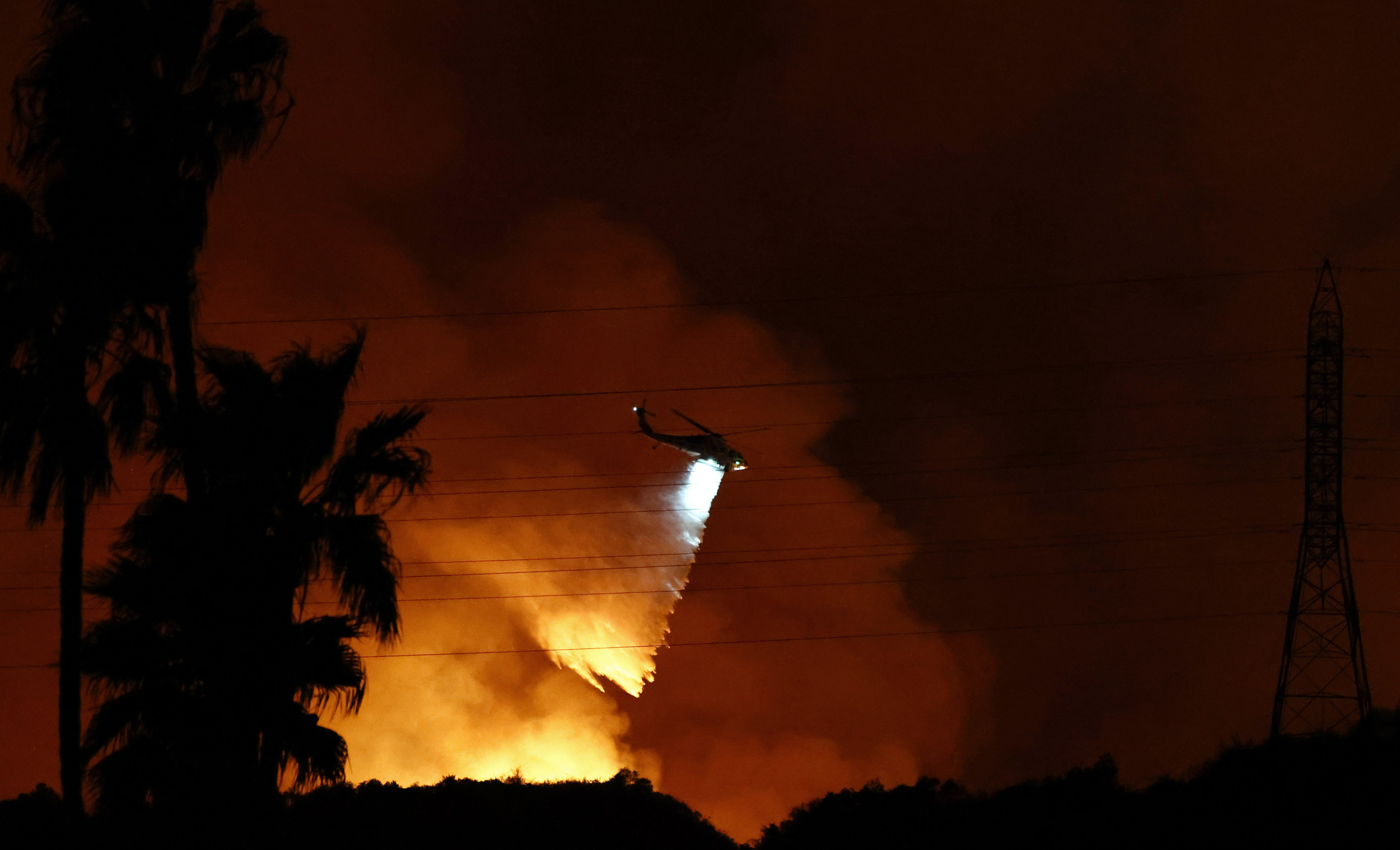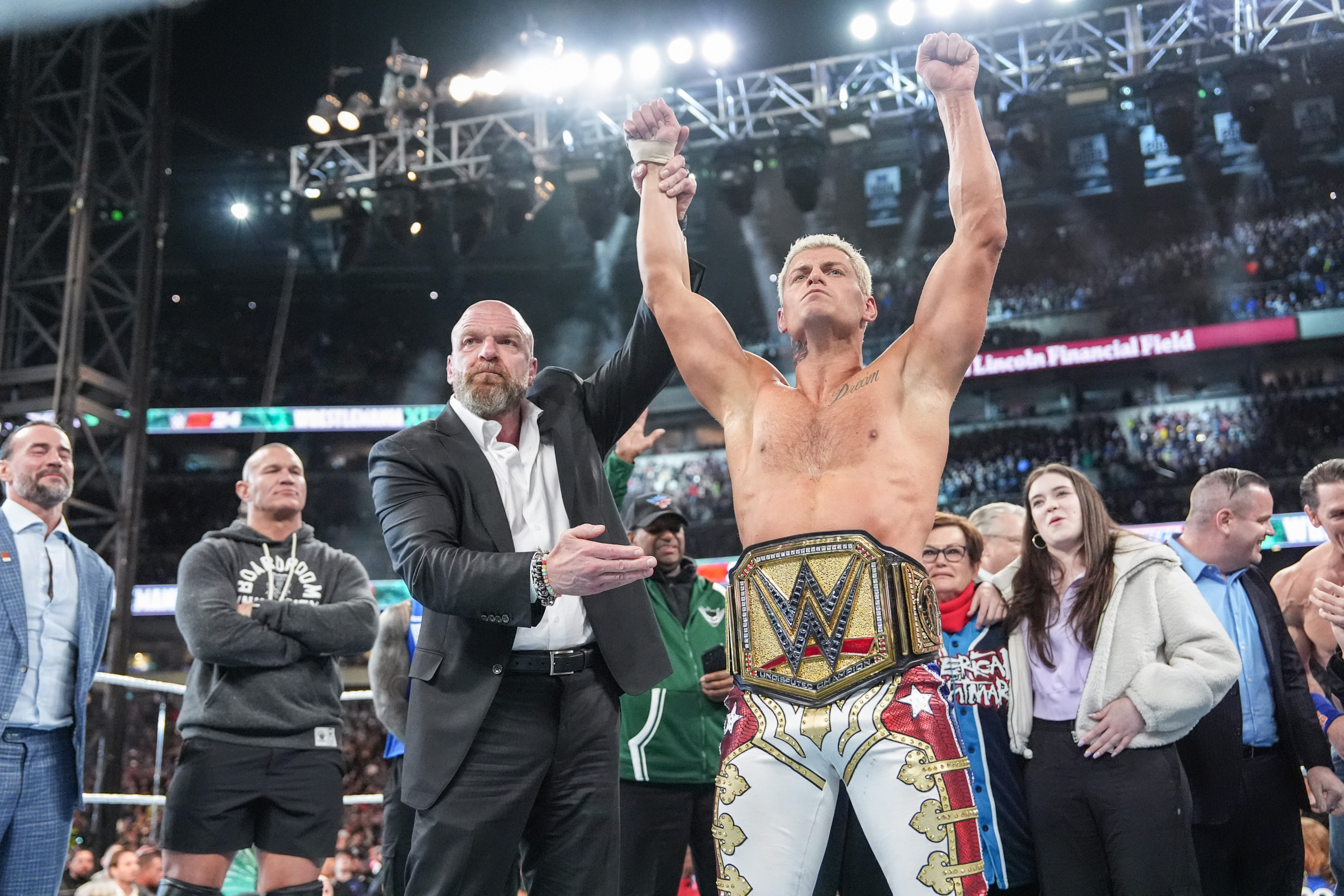Germany's coalition government disintegrated dramatically after Chancellor Olaf Scholz dismissed Finance Minister Christian Lindner of the pro-business Free Democrats (FDP) following intense crisis meetings.
Lindner's removal led the three remaining FDP ministers to resign, toppling the coalition. Scholz, now expected to head a minority government with the Greens, is facing pressure from opposition leaders to hold an immediate vote of confidence.
The political upheaval comes amid Germany's economic struggles, with major parties clashing over policies to boost growth.
Unexpected Reversal
In a surprising twist early Thursday, Transport Minister Volker Wissing retracted his resignation, choosing instead to leave the FDP while continuing in his role. His decision followed a conversation with Scholz, hinting at efforts to stabilize the remaining cabinet.

President Frank-Walter Steinmeier is expected to formally dismiss Lindner on Thursday afternoon, with Jörg Kukies, an economic adviser to Scholz, reportedly set to succeed him.
The vacant research and justice minister posts may also be filled soon, signaling a quick reshuffling to ensure continuity.
Opposition Demands Confidence Vote
The center-right Christian Democrats (CDU), led by Friedrich Merz, have called for an immediate vote of confidence, rejecting Scholz's plan to delay it until mid-January.
"The coalition no longer has a majority in the German Bundestag," Merz stated, urging Scholz to hold the vote "immediately, or at the latest by the beginning of next week."
Merz argued that Germany cannot afford months without a solid government, followed by prolonged campaign and coalition negotiations. Merz plans to meet with Scholz, pressing for a quick vote that could lead to early elections, potentially held as soon as January if Scholz loses.
Struggles Ahead
If Scholz's Social Democrats (SPD) and the Greens proceed as a minority government, passing legislation will require cooperation from opposition parties including the CDU.
Scholz indicated he would seek bipartisan efforts on key issues including economic growth and defense, but Merz signaled limited patience, stressing the urgency of decisive governance.

Achim Wambach, from the Leibniz Center for European Economic Research, expressed skepticism that a minority government could effectively tackle Germany's pressing economic concerns, noting, "Germany's problems are too big to tolerate political gridlock."
The coalition's collapse follows weeks of heated disputes over economic policies. While the SPD and Greens advocated for increased state investment and social programs, the FDP pushed against tax hikes and resisted loosening Germany's debt restrictions.
Germany faces complex challenges, including stagnation, stalled investments, and broader geoeconomic strains from conflicts in Europe and the Middle East.
Wambach warned, "The government set out to reconcile the transformation toward climate neutrality with economic growth and social security. It has not lived up to this claim." The recent U.S. election has also heightened concerns over tariffs and security, adding pressure on European economies to bolster defense independently.
This article includes reporting from The Associated Press




.png)















 English (US) ·
English (US) ·